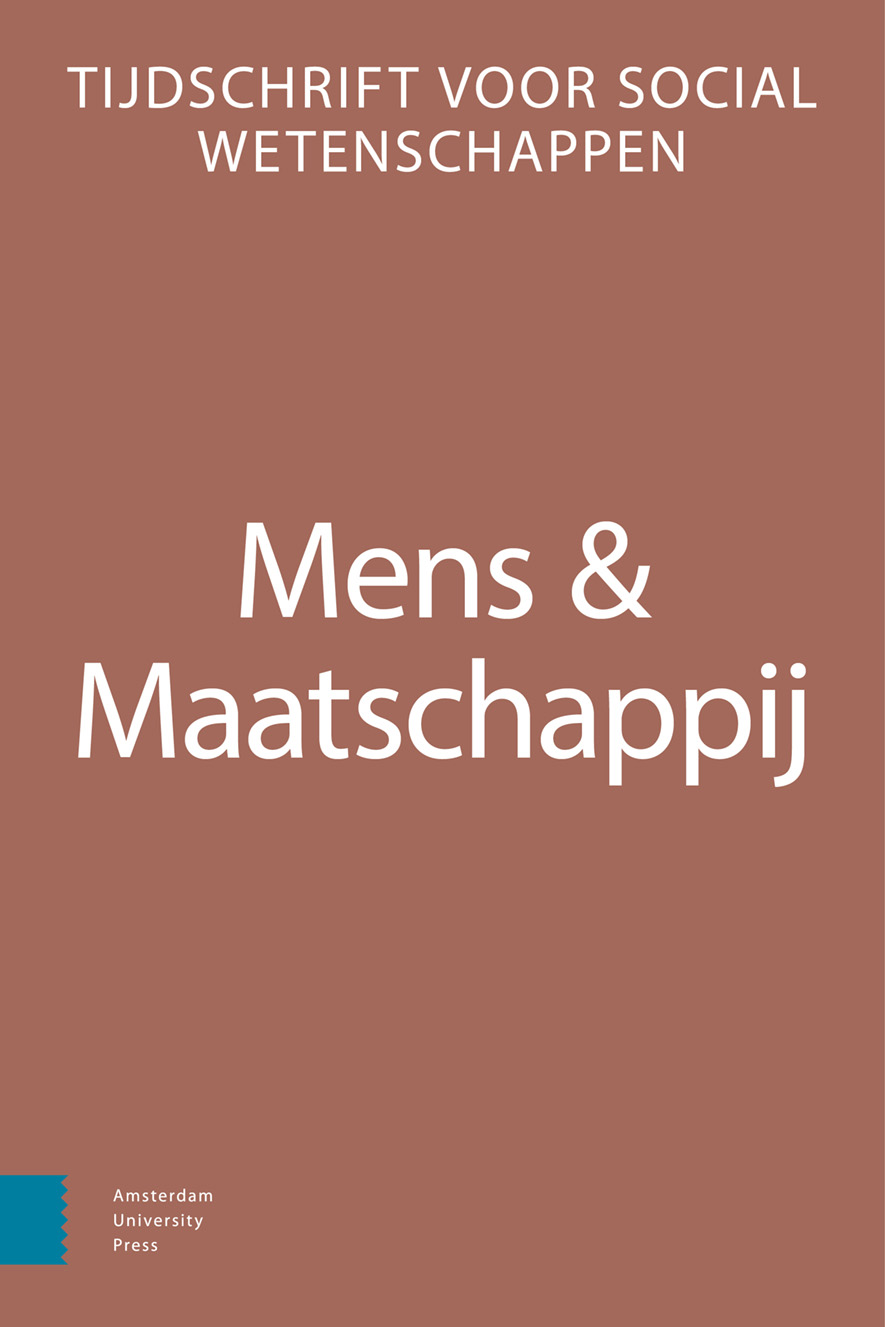-
oa Opvattingen over gender en het opvoeden van kleine kinderen voor en na de eerste lockdown in Nederland
- Amsterdam University Press
- Source: Mens & Maatschappij, Volume 96, Issue 2, May 2021, p. 243 - 269
-
- 01 May 2021
Abstract
Attitudes about gender and the care for small children before and after the first lockdown in the Netherlands
The COVID-19 pandemic has led to major changes in the division of paid and unpaid work in many Dutch households. Before the pandemic, work-care patterns were relatively traditional in the majority of families in the Netherlands, with women performing more unpaid tasks and men more paid work. These patterns were disrupted during the lockdown by the obligation to work from home and formal and informal childcare being unavailable. This meant that fathers were much more exposed to care and household tasks than before the pandemic. This effect was potentially reinforced by the fact that many ‘essential workers’ in education and healthcare were female, leaving their male partner to take over (extra) care tasks at home. But did these changes in the division of tasks also affect normative attitudes about gender and care? In this study we aim to answer this question using longitudinal data collected among 300 respondents in the Netherlands before (early 2019/2020) and after (July 2020) the first lockdown. We expect that attitudes about men’s caring capabilities have become more positive in partnered men and women if the male partner was working from home. The empirical results show that attitudes about gender roles regarding child rearing have become more traditional after the lockdown and this is particularly the case for men who worked from home while their partner continued to work outside the home.


